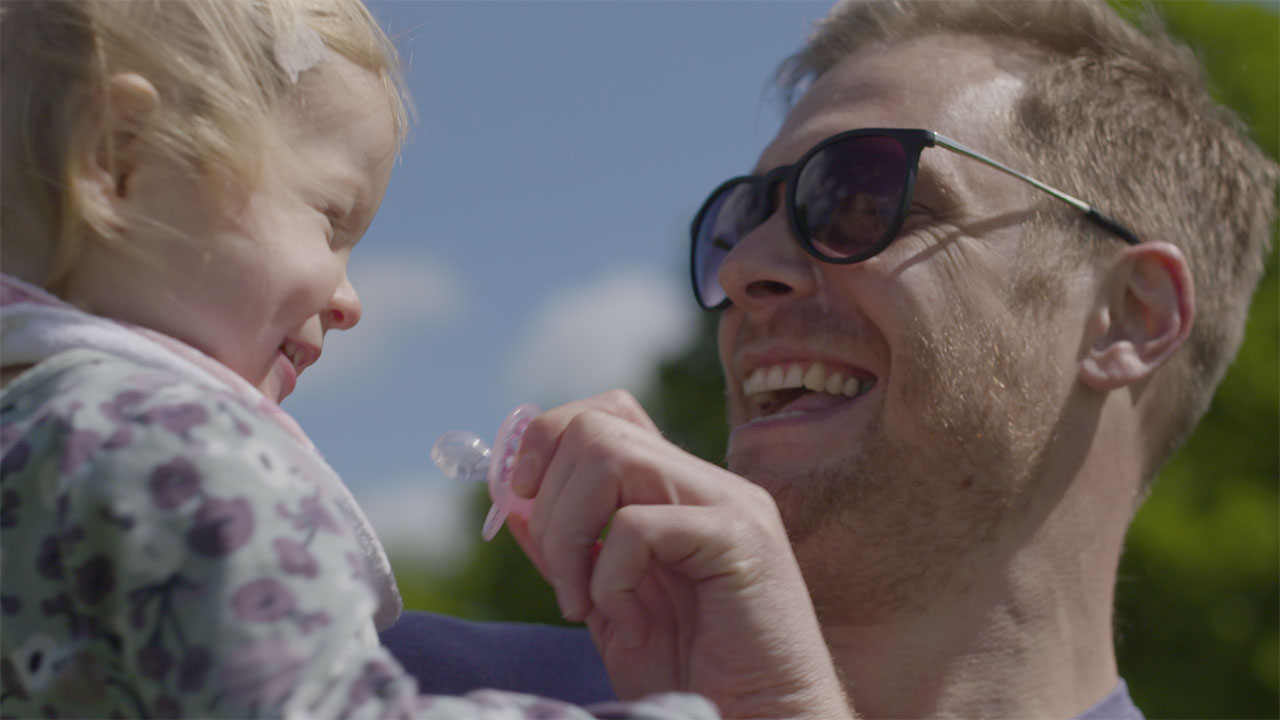What is the Court of Protection?
The Court of Protection is a superior court put in place to protect those who ‘lack the mental capacity' to make important decisions at the time of legal proceedings, or following a compensation pay out.
This may include people who are injured in accidents, or as a result of medical negligence, or if they have severe learning disabilities or illnesses such as dementia.
The Court of Protection is an impartial body, with a number of services that helps to protect and safeguard vulnerable or injured people. Some of their services include:
- Deciding whether someone has the mental capacity to make decisions for themselves
- Appointing a deputy or power of attorney in the event somebody needs help with a decision
- Allowing somebody to make a one-off decision for somebody who needs support
- Dealing with urgent decision
Vulnerable people who may be considered unable to make decisions for themselves are protected under the Mental Capacity Act (2005).
Compensation and the Court of Protection
The Court of Protection will only become involved in a compensation claim when they've been requested to. This is usually done by somebody making an application to the Court of Protection via the .gov.uk website.
As an impartial body, the Court of Protection can allow someone to act on behalf of an injured person so that they can secure compensation following a no-fault accident. This is typically the case after somebody has suffered a serious, life-altering injury or a head or brain injury that has left them unable to claim for themselves.
Once somebody is a court-appointed deputy, they're legally able to act in the interests of the injured person. In the case of claiming compensation, this means they'll become the point of contact for the specialist solicitor working on the case.
When compensation is awarded, the Court of Protection or a deputy may choose to place the compensation in a Personal Injury Trust, which protects the compensation awarded from being means tested and accessed incorrectly. To access a Personal Injury Trust, approval from the trustees must be given.
For a Personal Injury Trust to be set up, there must be a minimum of two trustees - these can also be court-appointed deputies.
The Court of Protection and court-appointed deputies
A court-appointed deputy is somebody agreed by the Court of Protection to make decisions for a person who is unable to do so for themselves. This is usually a friend or relative.
A court-appointed deputy must be over 18. They can't have a conflict of interest in the legal matter (for example, if they're the person responsible for the injured person's accident they'll be unable to act as a deputy). There can be more than one court-appointed deputy for the same person.
Responsibilities as a court-appointed deputy
A court-appointed deputy has the following responsibilities:
- Making sure the decisions are made in the interest of the injured person
- Recording any decisions
- Helping the injured person to understand what's happening
- Seeking advice (if needed) to make the best decision
- Understanding of how the person you're deciding for would have acted in the past
On top of those responsibilities, a court-appointed deputy must also assess the mental capacity of the person they're acting on behalf of, as this may have improved or changed since the last legal decision was made.

Andrew got in touch with us after his accident in a supermarket
I couldn't go to work for the first 6-12 weeks because I couldn't drive. I wasn't able to run around with my kids and I couldn't do all the weekend activities we'd usually do.
We can help you
If you're reading this on behalf of somebody else, and you think they might have a personal injury claim, then we can help.
We have a UK-wide network of specialist solicitors who can guide you and your loved one through the claims process and help you understand whether a deputy is needed and what your options are.
For free, impartial advice about making a claim on someone else's behalf call us on , or read more here.